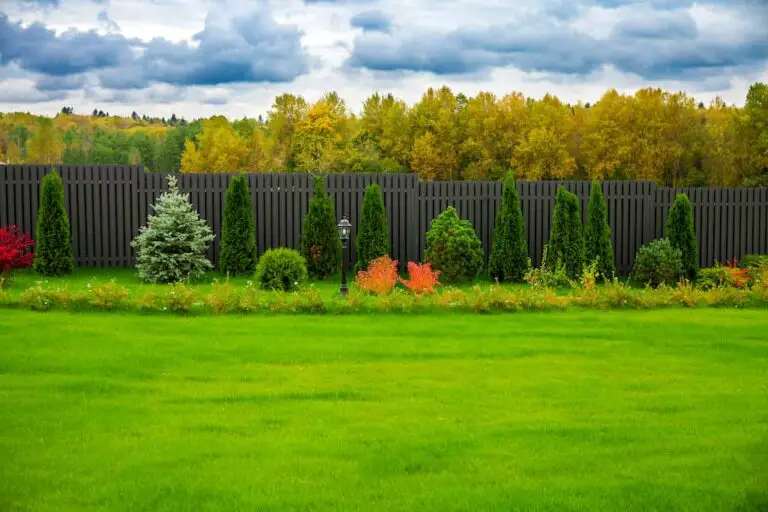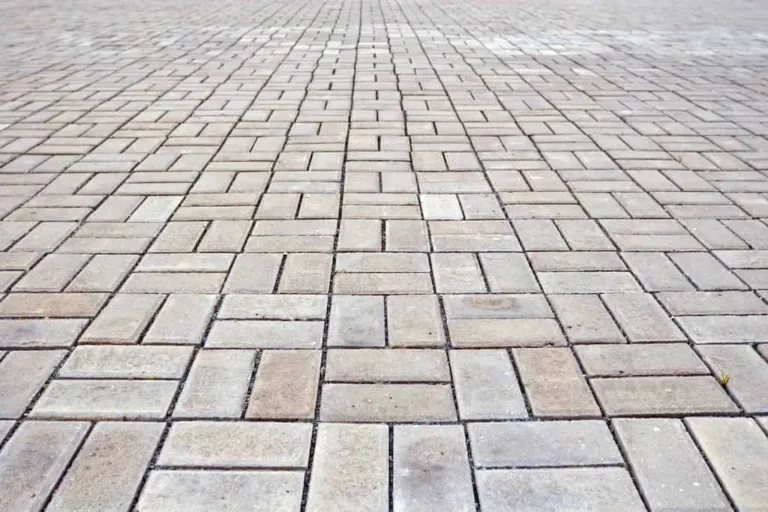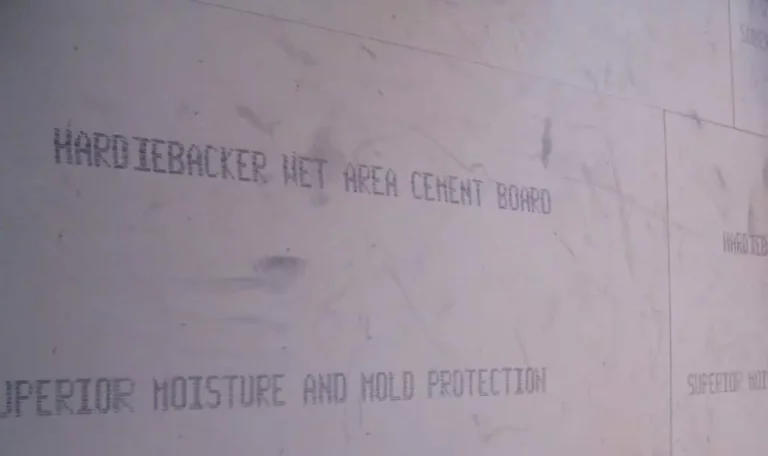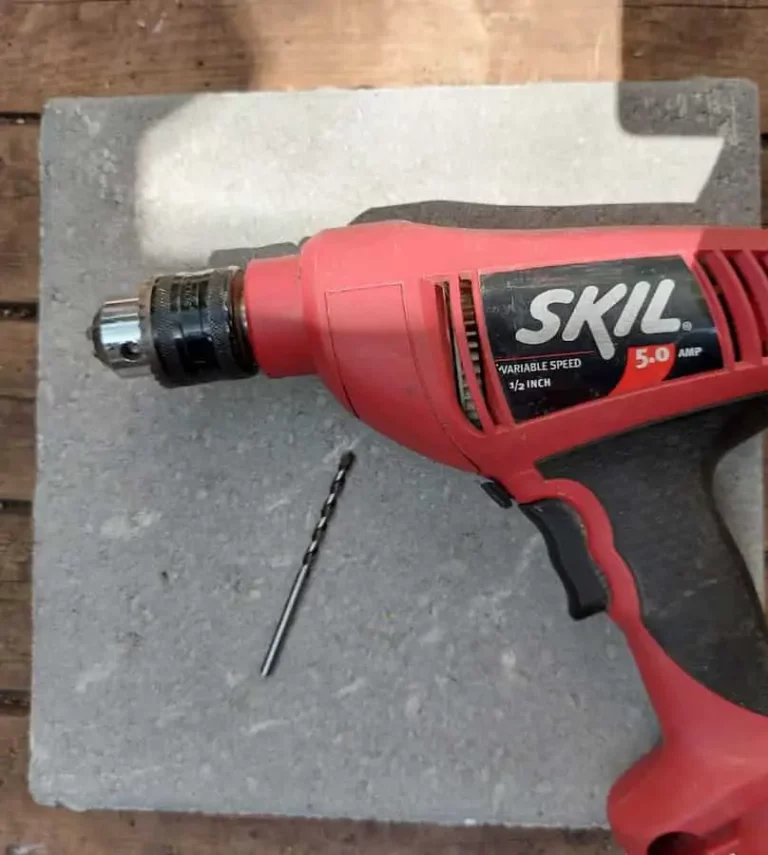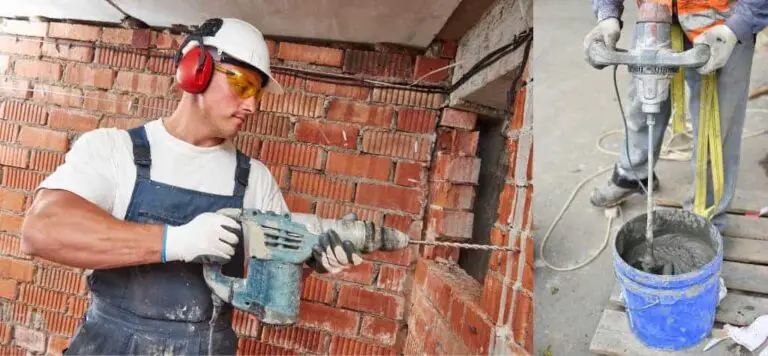Does Cement Board Block Sound?
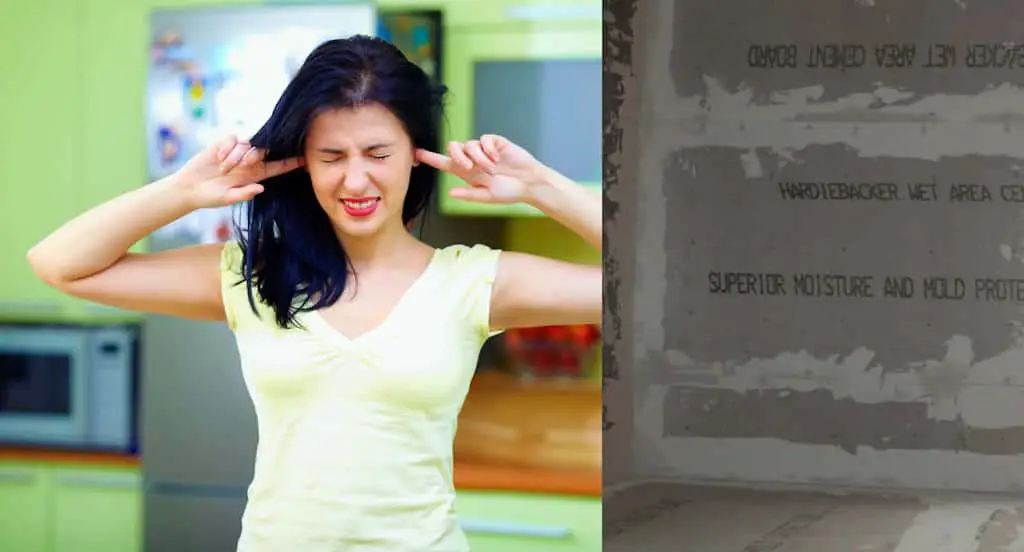
If you are not familiar with cement board, let me introduce you to this high-quality building material. Cement board combines concrete with reinforcing fibers to create sheets of varying thickness. These sheets are used for indoor and outdoor construction projects in areas where moisture is usually present. Most commonly in North America, you can find cement board used wherever tiling is done – around showers and tubs is a popular location.
One of the many comforts at home is silence (or at least close to silent). If you are boarding a bathroom or kitchen that backs a family room, you probably want to block out as much of the sound on movie night as possible. Perhaps you are contemplating using cement board for an upcoming bathroom or kitchen renovation and are wondering if it blocks sound? Well, I have the answer for you below:
Since cement board is denser than gypsum, it will naturally block more sound. However, you should still add sound proofing materials (such as spray foam insulation) if you want to silence noise in a specific area – either for privacy or entertainment purposes.
Now that you know you should soundproof cement board even though it naturally blocks some sound due to its density, let us explore this topic further and in more detail below. We will discuss which materials block sound the best and how to properly soundproof a concrete (or cement board) wall. We will also explain what the alternatives are to using cement board for soundproofing purposes.
So, if you are ready to learn more about soundproofing in relation to cement board, then please read onward…
What is Cement Board Used For? (How Can it Help?)
Cement board is typically used as a subsurface in lieu of traditional gypsum (drywall) in areas prone to moisture (bathrooms, kitchens, entryways, and more). It can replace drywall in bathrooms and has an added soundproofing benefit for privacy purposes. This also makes cement board great for use in living rooms or basements if you are creating a home theatre area.
If you have a bathroom where by the bathtub is against a wall next to an adjoining room, I know from experience how frustrating it can be to be trying to listen to music or watch my favorite tv show when someone in my family starts running the bath water. I also know that if you use the proper construction materials, you can greatly reduce the transfer of sound from room to room. This can improve your living experience, whether awake or asleep.
Does Cement Board Absorb Sound?
Cement board is made from concrete, which works to reflect and absorb sound waves. Therefore, it provides a highly effective barrier for noise transmission. Cement board is also very dense which makes it an excellent insulator against airborne or impact noises.
Since cement board is heavier than gypsum, it is harder for sound to move through it. Regardless, you will still hear low bass sounds since a heavy wall vibrates like any other. If you are considering using cement board in an area to block sound, you should also include additional soundproofing materials.
When I board a bathroom wall with cement board, I like to use acoustical sealant to help absorb vibrations. It helps to make cement board more soundproof. I begin by applying a bead of acoustical sealant on the face of all the studs before installing the cement board. This layer helps minimizes any vibration that may occur when bass sound hits the board. Otherwise, the cement board will vibrate against the studs even though they are screwed on.
What Materials Block Sound?
When working with cement board, you should include additional soundproofing materials, even though cement board itself provides fairly good noise reduction on its own. I assume that since you are here reading this you are looking for the best way to block sound when using cement board. If so keep reading.
The best construction mediums to help with noise reduction include the following:
Insulation
Insulation made from fiberglass or rock wool goes along way in helping to soundproof rooms. It is packed snuggly between the studs in walls in order fill-up airspace which can transmit sound.
Make sure to look for insulation designed specifically for sound proofing. You can go online and research it yourself or you can seek the advise of an expert at your local hardware store.
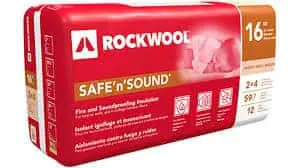
Spray Foam
Spray foam is a type of insulating material made from polyurethane. It provides better soundproofing than basic fiberglass insulation as it is more compact and therefore fills the airspace more tightly.
You can have a professional come in and spray the foam or you can purchase spray foam kits at your local hardware store and save yourself some money when you do it yourself.
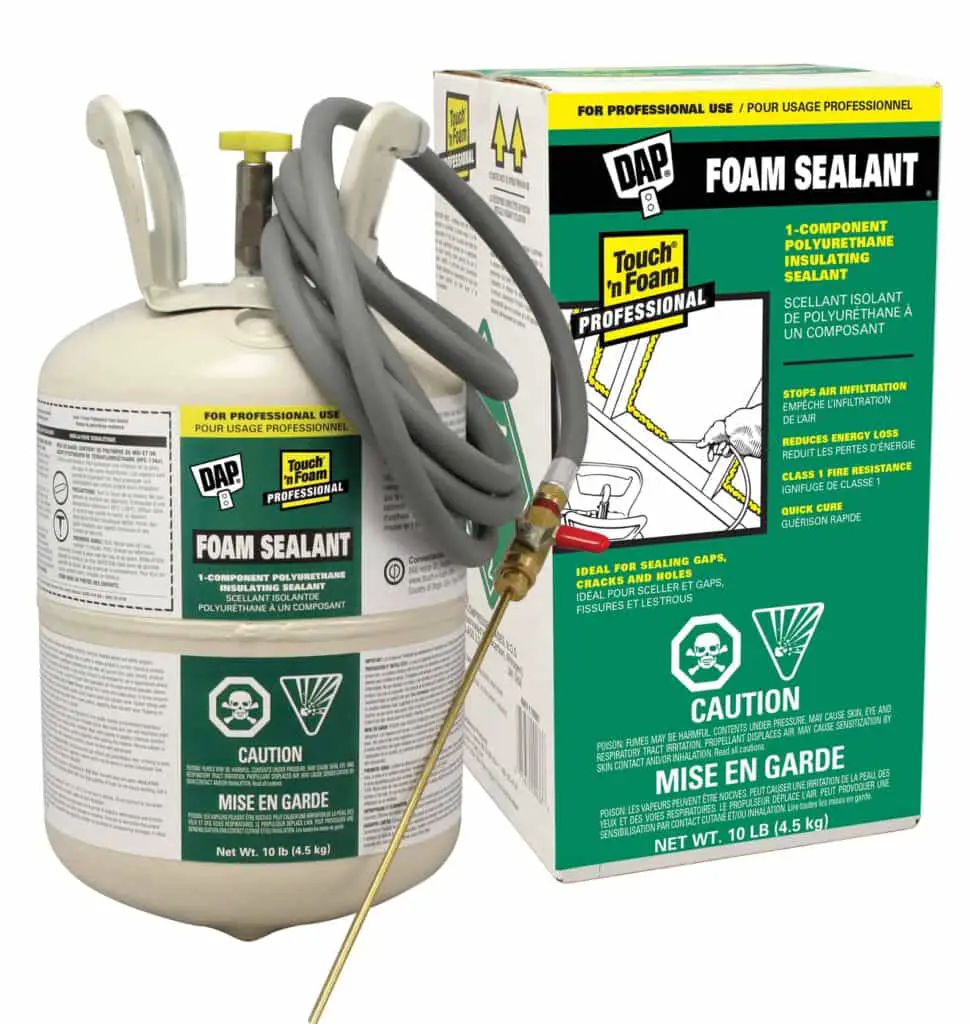
Tiling
Since tile is a hard material, it can help reduce noise transmission, especially in a bathroom or kitchen. When used on the ceiling, walls, or floors with the right underlay, tile is a great soundproofing material.
Floor Underlay
Using such materials as cork and felt underneath an existing hardwood of laminate floor works to reduce sound transmission from one level to the next by decoupling the floor surface and the subfloor.
Green Glue
Green glue is product reminiscent of chaulking and comes in a tube. It is used as a noise dampening material and applied between layers of drywall to help reduce sound vibration transference.
Is There an Alternative to Cement Board for Soundproofing?
Apart from cement board, another building material that helps block sound is drywall. Using two layers of 5/8” drywall in lieu of cement board on walls will greatly help with noise reduction. Best of all, drywall is cost effective, easy to work with, and readily available at most local hardware stores.
You can also use mass-loaded vinyl to help soundproof an area. It is a flexible material that is often purchased in 4-foot-wide rolls. MLV is designed to hang on walls or lay on floors to reduce sound transmission. When sandwiched between layers of drywall, it helps stifle noise in a room.
Can You Hear Vibrations Through Walls?
Ever wonder why you can still hear noise through walls? The reason is that soundwaves are airborne and when they strike walls, the pressure variations cause the wall to vibrate. This vibrational energy, in turn, is then transferred through the wall and radiated as airborne sound on the other side.
While it is often difficult to soundproof an existing wall, there are things you can do to help lower the resonating frequency of walls – especially on ceilings, in floors, and around adjoining partitions. For more information, please see below under the subheading: How Do You Soundproof a Concrete Wall?
How Do You Soundproof a Concrete Wall?
The best ways to soundproof a concrete or cement board wall include the following:
Adding Drywall
Adding a layer (or two) of drywall to an existing concrete or cement board wall will help with noise reduction. Anytime you increase mass or density, you also increase sound both absorption and/or transmission.
Decoupling the Walls
By building walls with spaces, you help create ‘pockets’ whereby air can trap noise, preventing it vibrating against the other side of the wall. The area between the decoupled walls is then packed loosely with insulation so as not to completely block the air chamber.
Damping
Using acoustic sealants or soundproofing compounds will also help reduce the resonating frequency of a wall. Applying green glue between the drywall and the existing concrete or cement board wall provides an additional layer of defense against noise transmission.
Adding Furniture
Incorporating soft pieces of furniture such as couches and decor items like throw pillow and blankets into a theater room, for example, will also help absorb sound. As well, adding thick rugs and plush towels to a bathroom will further assist in soundproofing the space.
Conclusion
To conclude, cement board will naturally block more sound than gypsum as it is a denser substance. Even when using cement board as a construction medium to help reduce noise transfer between rooms, you should still incorporate other soundproofing materials to get the best possible results.
I hope this article has been of help to you. Thanks for reading and good luck with your upcoming home construction and/or renovation project.
